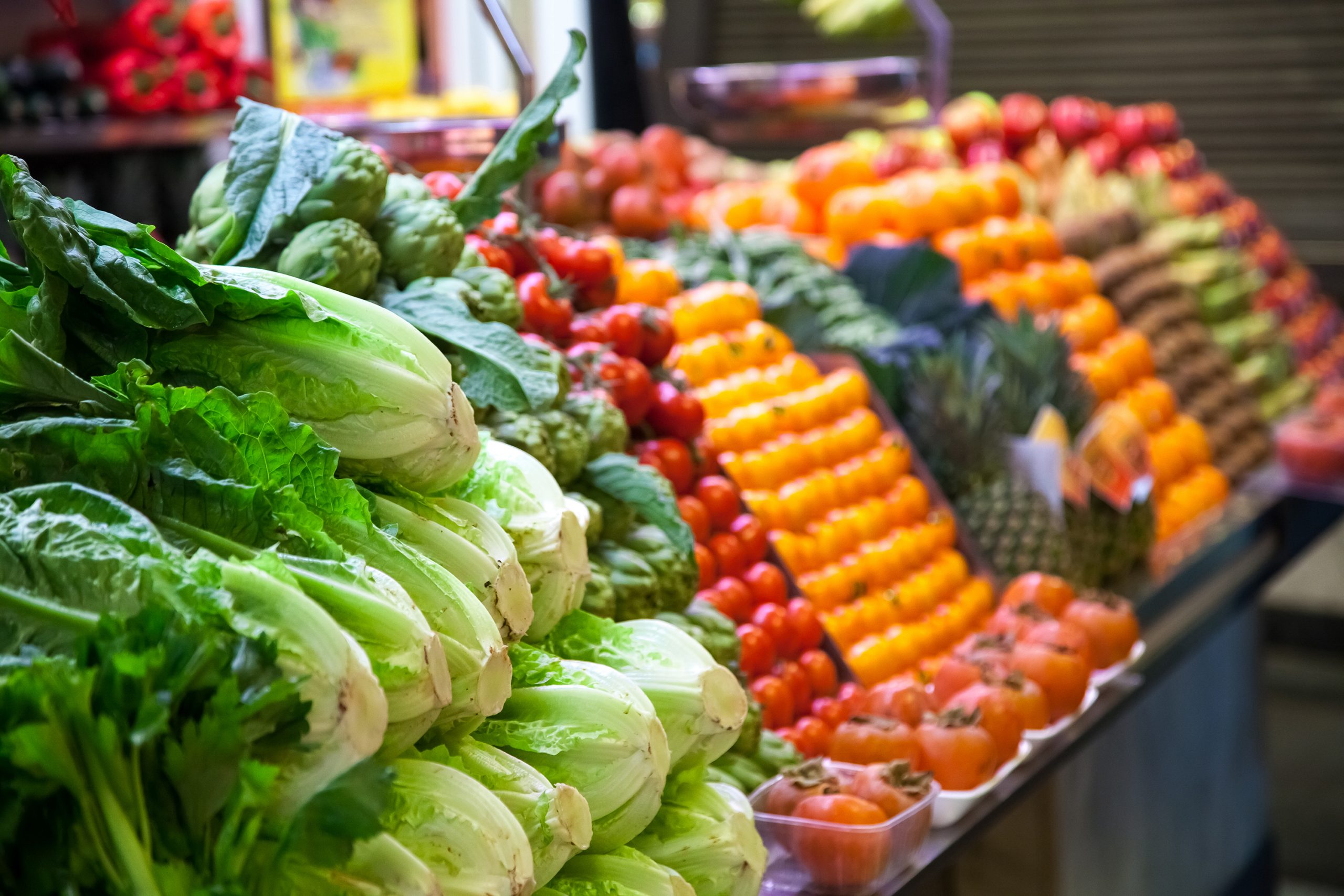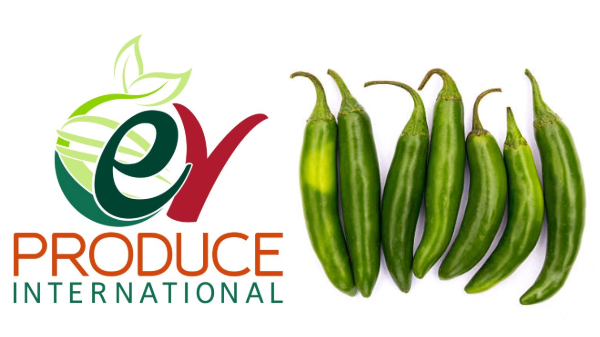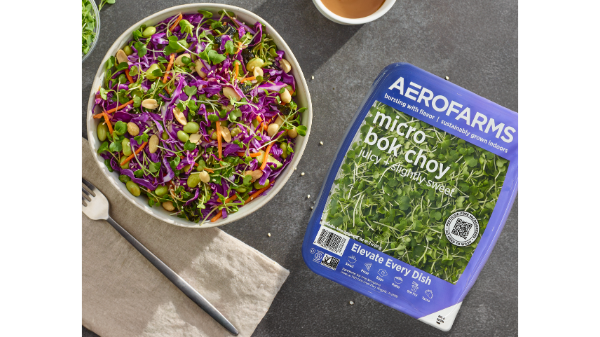Welcome to Blue Book!
Are you ready to join the thousands of companies who rely on Blue Book to drive smarter decisions? View our plans and get started today!
Still have questions? We’d love to show you what Blue Book can do for you. Drop us a line– we’ve been waiting for you.
Penalties under §1592(a) can be very high, up to the domestic value of the merchandise. For importers, the greatest risk would be for fraudulent or negligent statements regarding the classification or valuation of the imported tomatoes.
Incentives For Compliance
In addition to the potential for penalties, the 2013 SA includes traditional and new incentives for signatories and importers to comply with Customs requirements.
The SA enhances enforcement on the Mexican side of the border, with new import monitoring tools through a working group which will supply data to the U.S. Department of Commerce to determine whether imports inconsistent with the SA have been made.
Violations may now also be a breach of PACA’s fair trade regulations, because of the requirements for selling agents to have a PACA license and to incorporate the SA’s terms into the sales agreements they negotiate. The SA continues to authorize the Department of Commerce to refer intentional violations to CBP officials.
Importers should acknowledge the increased risk of CBP attention to entries created by the SA, and take appropriate compliance action. The Dept. of Commerce’s monitoring of Customs data will likely be performed by reviewing HTSUS classifications and Customs value declarations.
If an importer’s classification is incorrect, it will likely cast suspicion upon the valuation of the tomatoes. If the importer’s valuation is wrong, it will likely cast suspicion on the classification. Either type of error can expose importers to the risk of Customs penalties.








